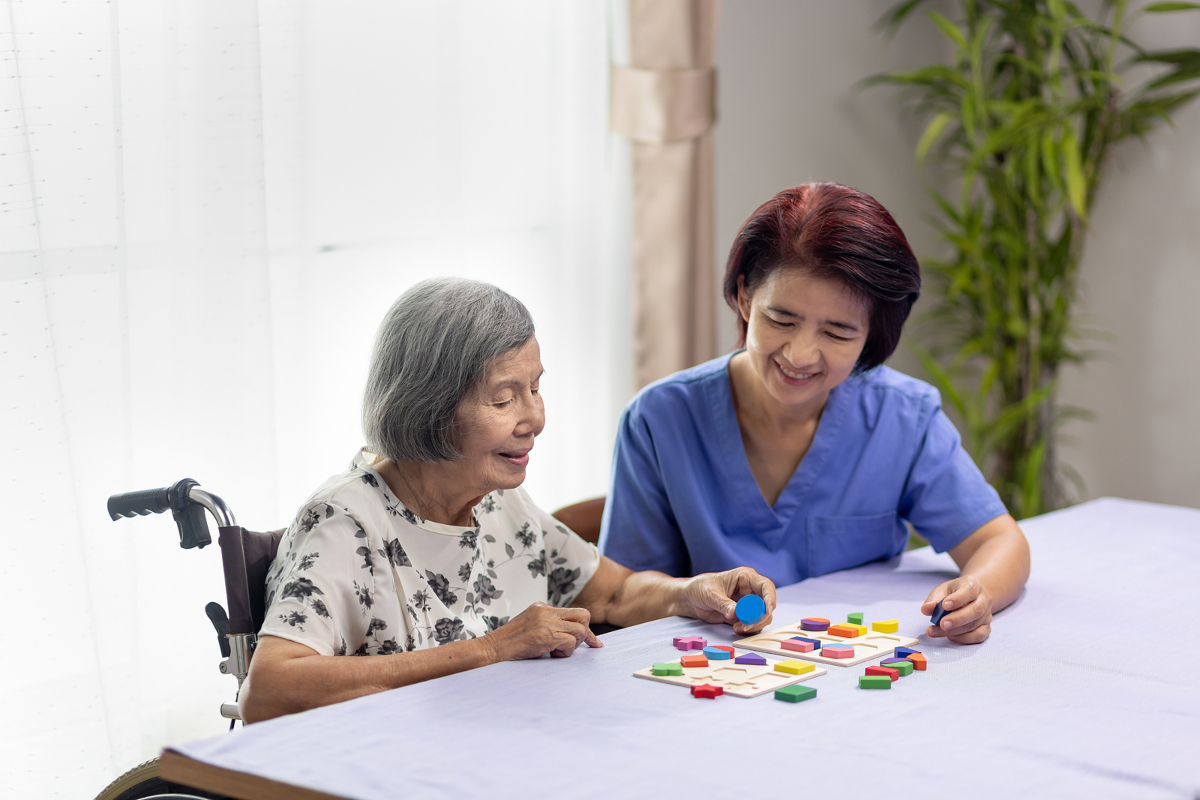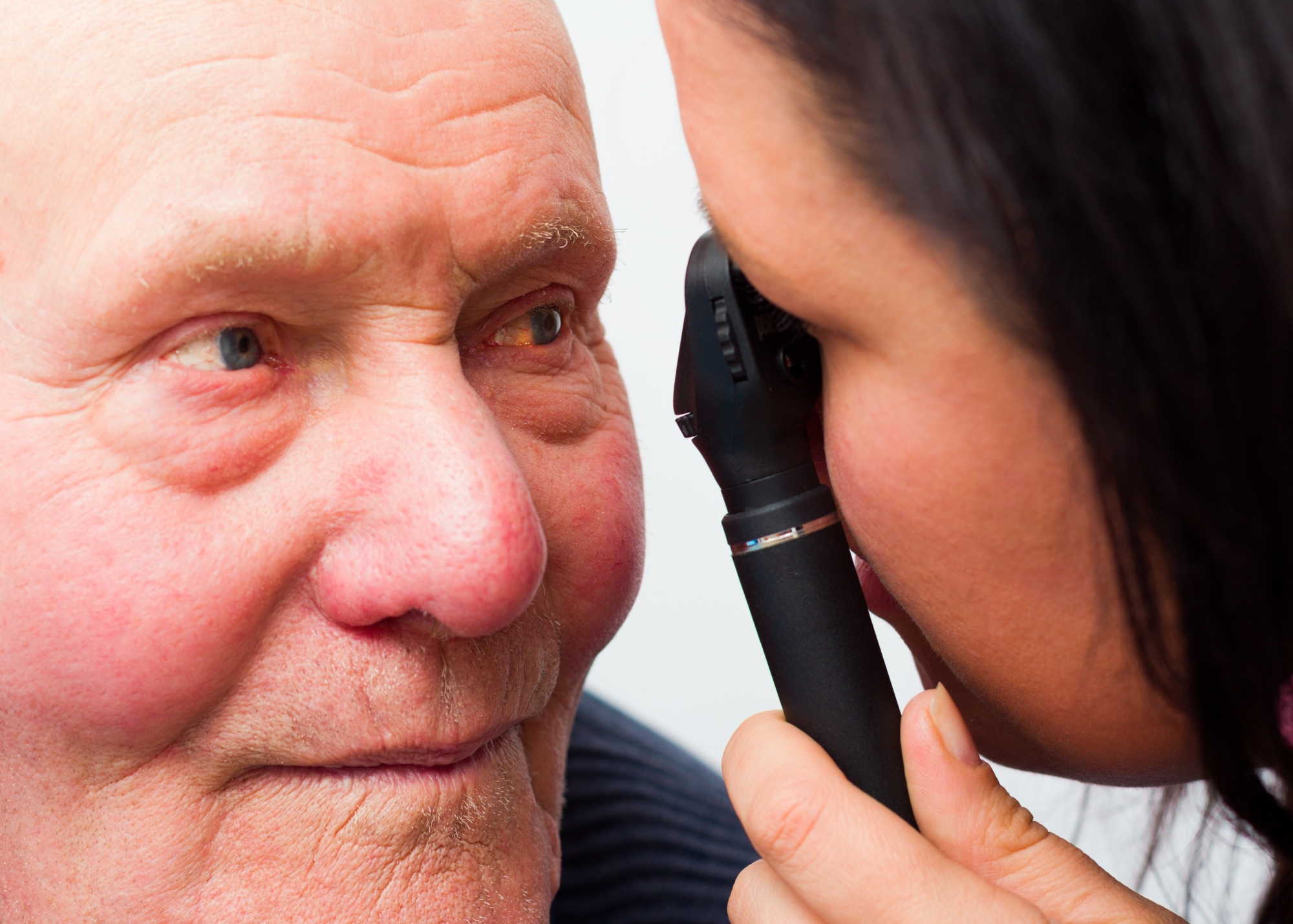It makes sense that as seniors age, they worry more about preserving their mental capacity and general well-being. And while it’s true that aging can cause changes in brain function, seniors who focus on a few tips and trips may increase their chances of staying mentally sharp and energetic for years. Here are some of the ways seniors can improve brain function and how elder care might help them achieve their goals.
Remain Physically Active
Exercise is important for keeping the brain healthy in addition to being good for the body. Frequent exercise enhances overall cognitive function, stimulates the creation of new brain cells, and boosts blood flow to the brain. Walking, swimming, yoga, and Tai Chi are a few gentle yet effective fitness options that seniors can incorporate into their everyday routines. Elder care can help them increase their physical activity by encouraging them to get up and move throughout the day or even participating in the activity with them.
Keep Testing the Mind
To remain in good health, the brain needs regular exercise, just like the body. Seniors can try their hand at games like chess, Sudoku, crosswords, and learning a new language, or take up some brain teasers. Developing a new skill or pastime keeps their mind active and promotes the creation of new neural connections. Again, having elder care by their side helps, as it gives seniors built-in socialization opportunities and the chance to test their minds.
Focus on Socialization
Speaking of socialization, engaging in social interactions is beneficial to the brain. Frequent social contact helps prevent depressive and lonely moods, which can impair cognitive performance. Fostering social ties is essential for maintaining brain health, whether it takes the form of volunteering, joining a club, or just spending time with friends and family.
Eat Foods That Promote Brain Health
Keeping the brain healthy requires a balanced diet. Seniors should concentrate on eating a diet high in vitamins, minerals, omega-3 fatty acids, and antioxidants. This consists of an abundance of whole grains, fruits, vegetables, lean meats, and healthy fats. Additionally, drinking sufficient water throughout the day is important for maintaining good brain function.
Get Enough Sleep
Good sleep is necessary for memory consolidation and cognitive performance. To encourage restful sleep, seniors should set a regular sleep routine and strive for 7-9 hours of sleep each night. Establishing a soothing bedtime routine, abstaining from technology and caffeine before bed, and making sure the sleeping environment is comfortable can all improve the quality of sleep.
Manage Stress
It’s important to develop appropriate techniques to control stress levels because prolonged stress can have a negative impact on brain function. Seniors can decompress and lower their stress levels by practicing techniques like yoga, deep breathing exercises, meditation, and spending time in nature. Elder care can also remind them to take time out for self-care activities that support emotional stability and relaxation.
Even though there will be some aspect of cognitive decline as seniors’ age increases, that does not mean they can’t incorporate tips and tricks to get the most out of their brain health. With elder care by their side and their loved ones support, seniors can continue to enjoy a high quality of life long into their older years.
Sources:
https://www.everydayhealth.com/senior-health/staying-sharp.aspx
https://www.harvardpilgrim.org/hapiguide/senior-brain-boosters-tips-for-maintaining-brain-health/
https://www.nia.nih.gov/health/brain-health/cognitive-health-and-older-adults
If you or an aging loved one is considering elder care in Orinda, CA, please contact the caring staff at Golden Heart Senior Care of Walnut Creek. (925) 203-3039.




 Is your elderly loved one dealing with some sort of cancer? If so, this can be difficult for their mind and body. It can be a constant struggle for your elderly loved one to keep up with their independence. With everything they have, your loved one might keep trying to do things on their own. However, it is alright for them to ask for and get help. It is alright for you to help them get the services and assistance that they need. Home care services might benefit your loved one the most. The elder care providers can help your loved one to have the best quality of life.
Is your elderly loved one dealing with some sort of cancer? If so, this can be difficult for their mind and body. It can be a constant struggle for your elderly loved one to keep up with their independence. With everything they have, your loved one might keep trying to do things on their own. However, it is alright for them to ask for and get help. It is alright for you to help them get the services and assistance that they need. Home care services might benefit your loved one the most. The elder care providers can help your loved one to have the best quality of life.